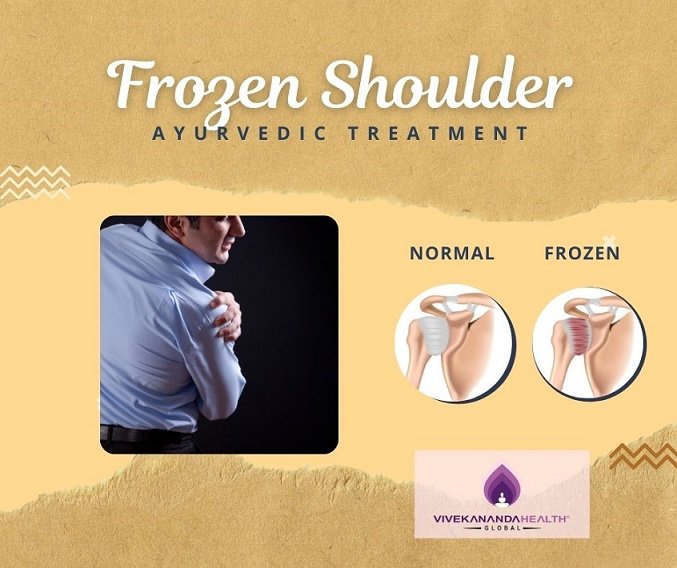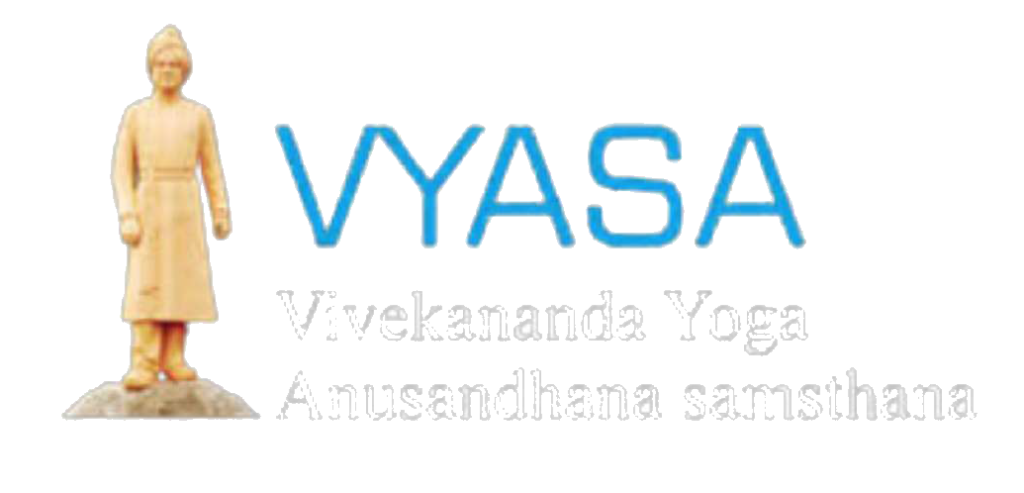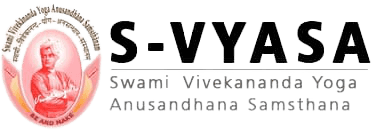Frozen shoulder – Complication of Diabetes
What is frozen shoulder?
Frozen shoulder – physical discomfort in the shoulder with pain, stiffness and restricted movement is named as frozen shoulder.

How it occurs?
It is one of the main complication which is developed in diabetes patients due to Receptor Activation of Glycation End products (RAGE). Receptor for advanced glycation end product or receptor activation of glycation end product is a transmembrane of the immunoglobulin. These receptors are capable of board repertoire of ligands. RAGE ligand interaction induces the activation of transcription factor NF-B and release the pro-inflammatory molecules and free radicals. pro-inflammatory cells like cytokines, chemokines & adhesion molecules. Due to increased adhesion and inflammatory molecules there will be adhesive capsulitis.
Adhesive capsulitis is a condition of severe pain, stiffness and restricted movement. it is also referred as a frozen shoulder.
Types of frozen shoulder
- Primary Frozen shoulder
- Secondary Frozen shoulder
Primary frozen shoulder – cause will be any health condition. it has 3 phases
- Painful or Freezing: pain is acute in onset, more at night and affects the sleep. There will be restricted movement with severe pain.
- Frozen or stiffness: reduced pain & movements. Increased stiffness & difficult to do day today activities.
- Thawing: in this phase there will be improvement in the pain and movement of shoulder.
Secondary frozen shoulder – cause may due to fracture or tumors.
Research has shown that people with diabetes are up to twice as likely to suffer from frozen shoulder. It is due to effects on collagen in the shoulder, which holds the bones together in a joint.
Collagen can become sticky if sugar molecules become attached, resulting in movement being restricted and the shoulder beginning to stiffen. Poorly controlled diabetes has long been linked to muscular and skeletal problems, with consistently high blood sugars likely to increase the risk of problems such as frozen shoulder.
Prevention
Diabetic patients must take care to maintain the blood sugar level to prevent complications such as frozen shoulder.
Diet and physical activity are the main tools to manage the blood sugar. With the proper guidance and according to the requirement they need to follow certain lifestyle modifications.
Management
When we think about managing the frozen shoulder we should always take blood sugar control as the first priority in Diabetic individuals. We need to manage blood sugar level with various therapies of integrative medicine. Integrative therapies such as Diet therapy, Acupuncture, Panchakarma, Gastro-hepatic pack, Yoga therapy are very useful in the management of frozen shoulder.
To manage Frozen shoulder and its symptoms, some of the external Ayurvedic treatments like Elakizhi (Patra potala sweda), navarakizhi (Shastika shali pinda sweda) and Abhyanga are very much required. These therapies help in reducing the pain, stiffness and improves the range of motion.
Acupuncture is also one of the best method to overcome from the frozen shoulder. It is a one of the traditional methods of Chinese treatment including the fine needle insertion to the various point to reduce the pain. It helps in releasing the endorphin which is responsible for overall well-being and pleasure. It also helps in reducing pain and muscular strain by increasing the blood circulation.
Yoga therapy includes various practices of yoga include breathing exercises, asanas, relaxation techniques and pranayama. Regular yoga practices are very good to strengthen the shoulder joint keeps the blood circulation better to help in preventing further complication of shoulder pain.





